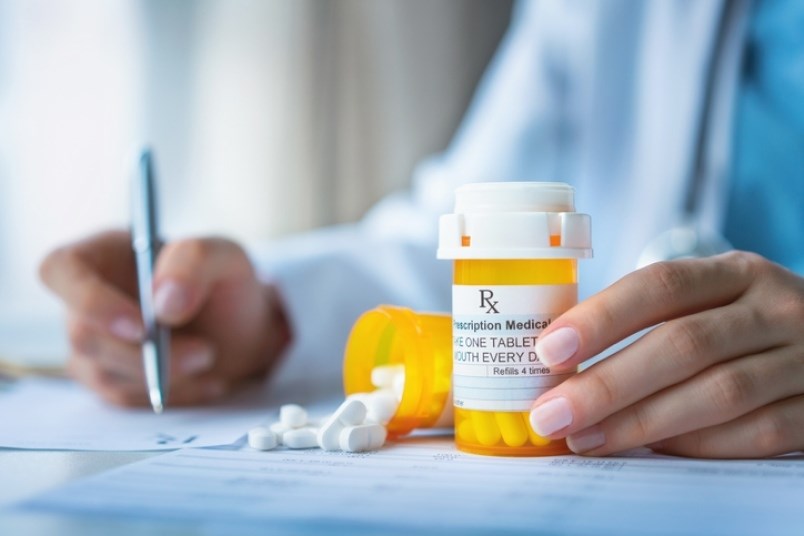As British Columbians mark four weeks of COVID-19 isolating Tuesday, the province‘s addiction community marks a deadlier four-year anniversary.
It’s a dark day on the calendar, marking April 14, 2016, the day Victoria declared a public health emergency as the number of opioid fatalities began rising in B.C.
That crisis has claimed 7,219 lives between 2009 and 2019.
As of Tuesday, there were 1,517 confirmed COVID-19 cases and 72 deaths in the province.
A public health emergency around COVID-19 was declared March 17.
B.C. recorded 981 overdose drug deaths last year, 245 of those in Vancouver.
“We are facing a global pandemic on top of a fentanyl-poisoning crisis,” B.C. Minister of Mental Health and Addictions Judy Darcy said. “People are scared and they feel alone.”
And, in Vancouver’s Downtown Eastside in particular, those two health crises are merged, with those working in the area worried the situation could become explosive as social distancing is nearly impossible and people live in squalid conditions marked by extreme poverty and mental health challenges.
Darcy said with the two health emergencies combined, “the urgency to protect people who use drugs is greater than ever before.”
"While the number of overdose deaths declined from 2018 to 2019, there are still countless families reeling from the unfathomable grief of losing a loved one,” Darcy said. "That's why we are working as fast as possible, across government and with all partners, to ensure people living with addiction challenges are supported through both crises.”
Victoria rose to those challenges March 26, with the release of guidelines allowing drug users to take home — and have delivered — prescribed medications as alternatives to poisoned street drugs. Health care providers are able to get safe, prescription alternative medications such as hydromorphone and dextroamphetamine into the hands of drug users not in a treatment program, or who regularly visit a doctor.
The guideline’s focus is not to treat drug users, but to support them.
Medication is restricted to oral doses and excludes prescription injectable heroin, which continues to be offered to some 100 patients at the Downtown Eastside’s Crosstown Clinic.
Pharmacies can have employees deliver medication, extend prescriptions, transfer prescriptions to other pharmacists and allow prescribers such as a doctor to refill a prescription over the phone.
Initial prescriptions can be made to last 23 days.
The New York-based Drug Policy Alliance look at the B.C. model rather than increasing his country’s war on drugs.
@jhainswo



